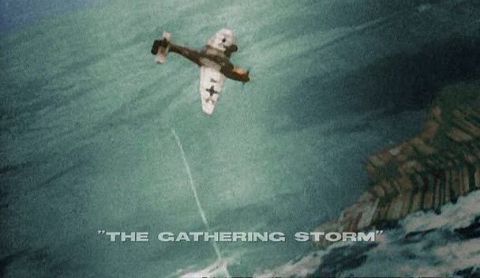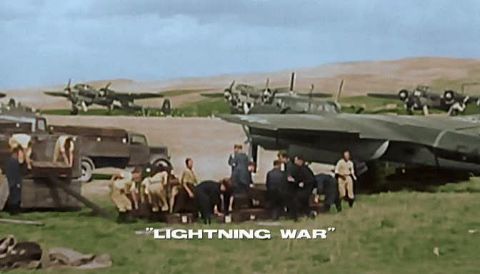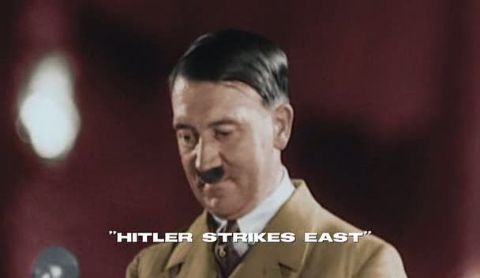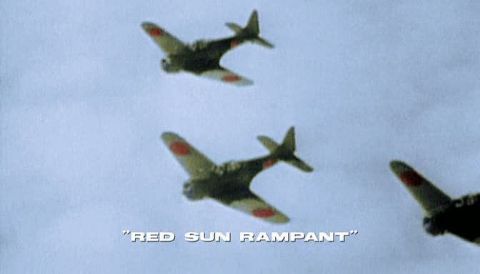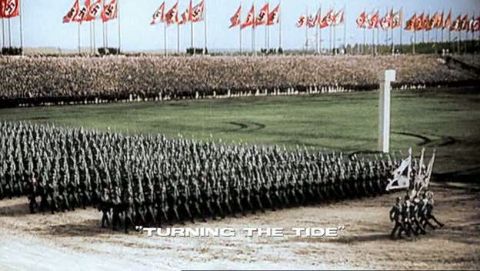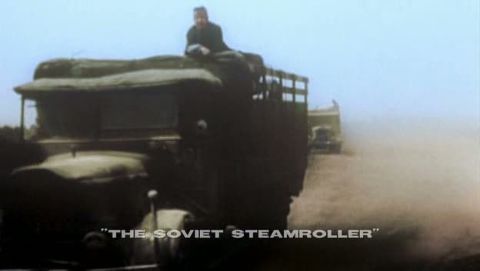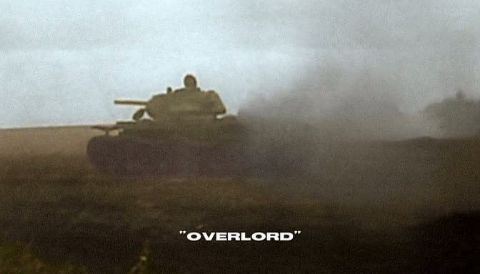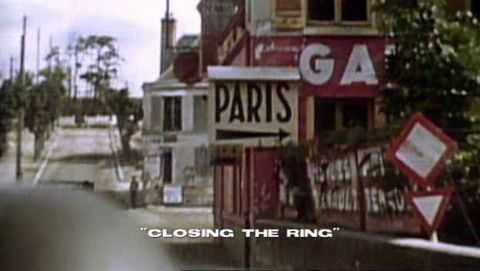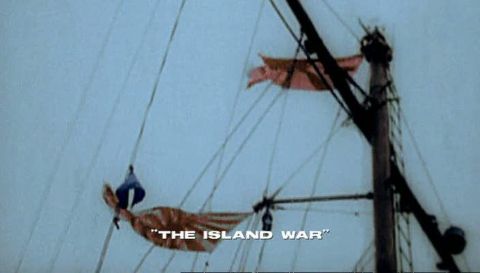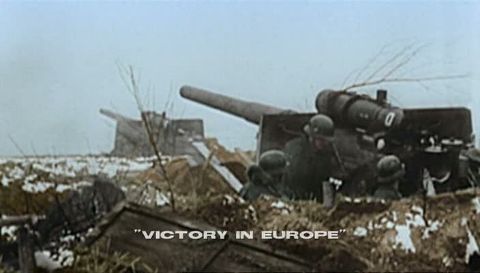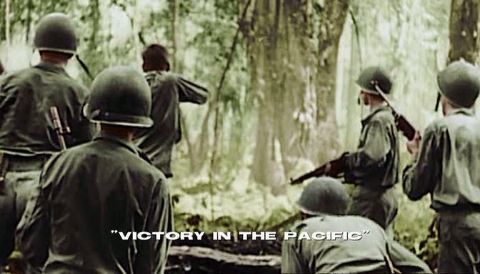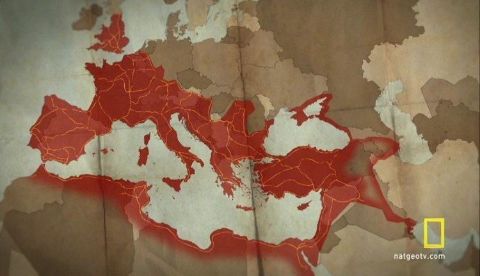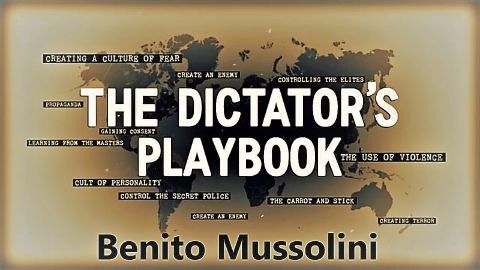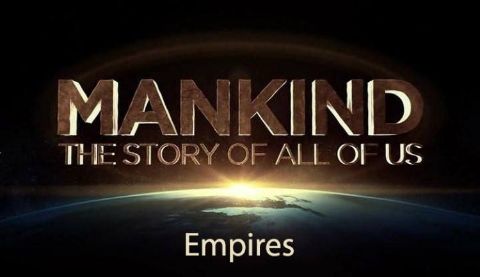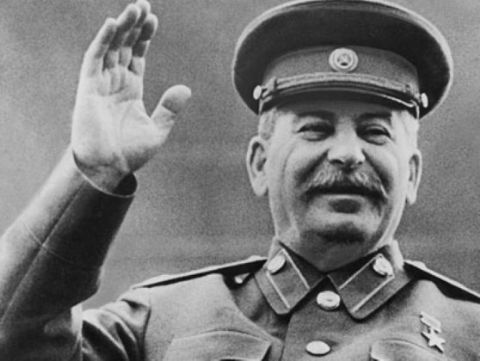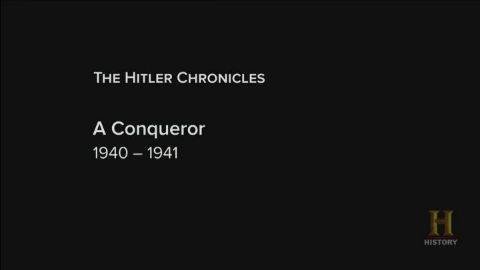Overlord • 2009 • episode "9/13" • World War II In HD Colour
Today it is easy to see D-Day as inevitable - a straightforward victory against a German army that was already all but defeated. This film explodes that myth. It charts the careful planning of the campaign, the development of specialised equipment needed for the amphibious landing. It reveals the deception plan that wrong footed Hitler. It shows how the Americans were very nearly driven off Omaha beach. If that had happened, the whole operation might have failed. The film ends with the Liberation of Paris, as the Free French forces led by Charles de Gaulle matched down the streets of the capital.
Make a donation
Buy a brother a hot coffee? Or a cold beer?
Hope you're finding these documentaries fascinating and eye-opening. It's just me, working hard behind the scenes to bring you this enriching content.
Running and maintaining a website like this takes time and resources. That's why I'm reaching out to you. If you appreciate what I do and would like to support my efforts, would you consider "buying me a coffee"?
Donation addresses
BTC: bc1q8ldskxh4x9qnddhcrgcun8rtvddeldm2a07r2v
ETH: 0x5CCAAA1afc5c5D814129d99277dDb5A979672116
With your donation through , you can show your appreciation and help me keep this project going. Every contribution, no matter how small, makes a significant impact. It goes directly towards covering server costs.
